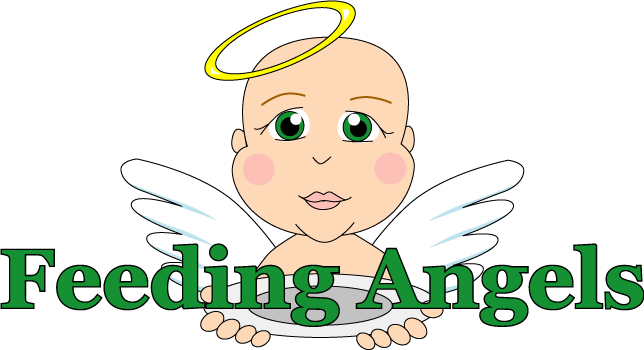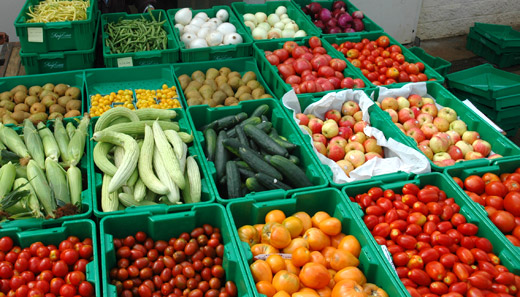Thursday, July 8, 2010
Is Organic Really Worth the Money?
When I realized my son had food allergies, I started reading labels and paying closer attention to what was in the foods I gave him. I had to in order to keep him healthy. I was shocked at the chemicals and other unpronouncable ingredients that make it into our food. I wanted better for him. 'Fresh' became a household word and one of the few words he knew how to say.
It took some serious work and patience to get my son past many of his texture aversions and into eating fresh produce. I remember my excitement when he ate his first banana, and I thought, "Yay! No labels to read." But, that's not exactly accurate. You would think with fresh produce, what you see is what you get, but unfortunately that isn't the case.
The Environmental Working Group (EWG) did a study on pesticide residue present on consumer produce. Their findings were shocking, but interestingly enough, not all produce tested the same. There are some fruits and vegetables that are just as safe to eat (with regard to pesticide and other chemicals) as organic. They published a list of what they called the "Dirty Dozen." The 12 most contaminated fruits and vegetables:
peaches
strawberries
apples
domestic blueberries
nectarines
cherries
imported grapes
Celery
sweet bell peppers
spinach
kale
collard greens
potatoes
(Ok. So, it's a baker's dozen.)
EWG also published a list of what they call the "Clean Fifteen." The fruits and vegetables least likely to test positive for pesticides:
onions
sweet corn
sweet peas
asparagus
cabbage
eggplant
sweet potatoes
avocados
pineapples
mangoes
kiwi
domestic cantaloupe
watermelon
grapefruit
honeydew
Eating organic is healthy, but it's expensive, too. These lists helped me decide what produce we ate really HAD to be organic and what wasn't really such a big deal.
EWG's Shopper's Guide to Pesticides
NBC Nightly News: Eating Organic: When Is It Worth It
Subscribe to:
Post Comments (Atom)


This is super interesting! Thx Rachel. (=
ReplyDelete